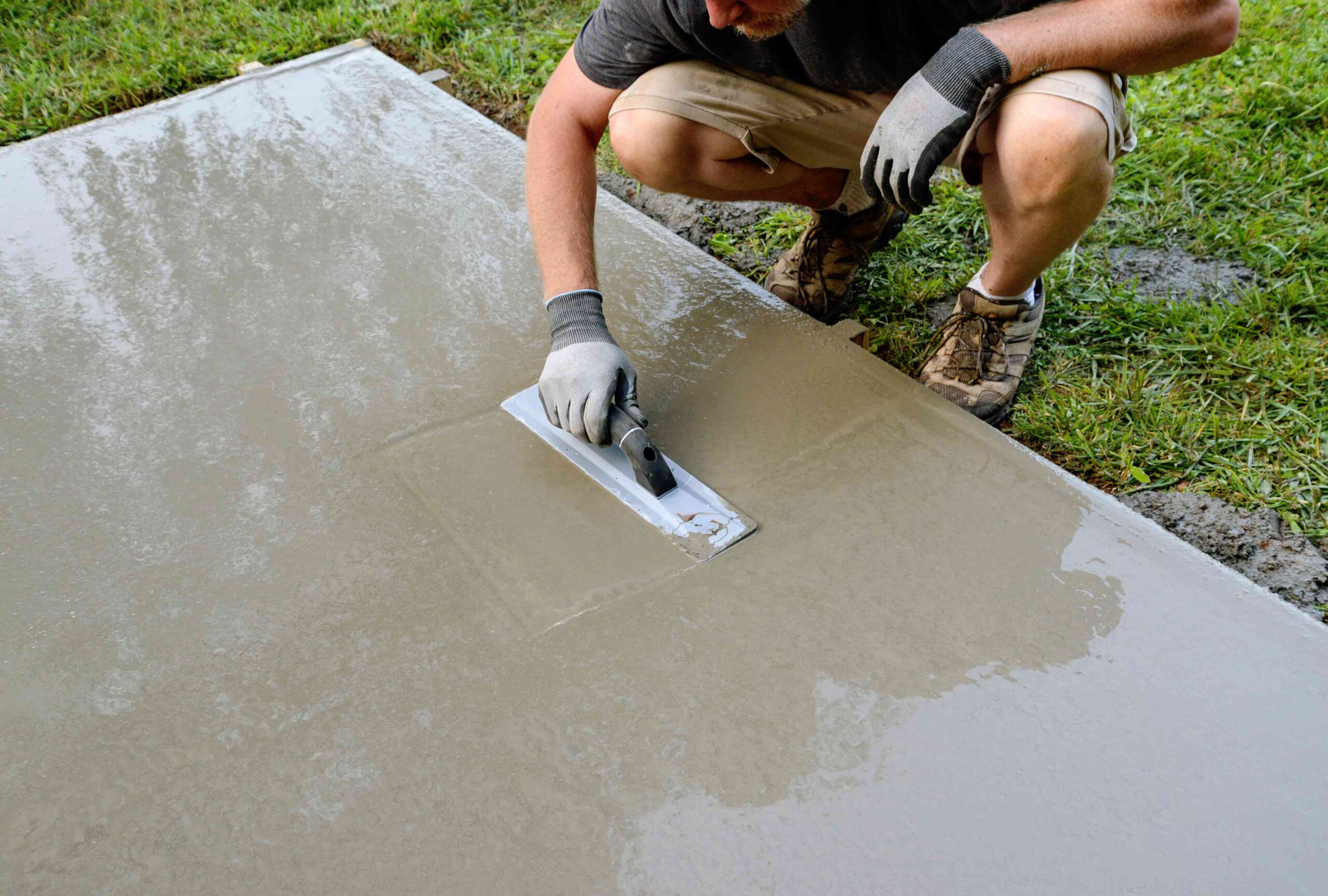What Are the Benefits of Concrete?
Concrete is an eco-friendly building material composed of aggregate materials combined to form concrete mixes, often including recycled items like old tires or metal shavings.
Durability
Concrete has long been one of the go-to building materials in modern society, due to its ease of mixing and pouring into nearly any shape imaginable, making it a highly adaptable building material.
Concrete stands out as an alternative building material because its durability makes it attractive to both homeowners and businesses alike. Its use has long been recognized, both at home and business locations.
Concrete house slabs Melbourne homes typically boast lower insurance costs and less vulnerability to natural disasters such as hurricanes and fires, making them far less vulnerable than their counterparts. Furthermore, due to their durability and energy efficiency they leave less of an environmental footprint than other buildings.
Properties constructed with concrete can withstand natural disasters like hurricanes, tornadoes and earthquakes more effectively than properties made from other materials. Furthermore, concrete’s thermal mass properties prevent air from escaping the room, saving money on utility bills. Furthermore, concrete does not absorb moisture like some building materials do, meaning mold and mildew growth are less likely on your property; plus its reduced maintenance requirements makes concrete an extremely cost-effective and sustainable building material solution.
Strength
Concrete has incredible compressive strength, making it ideal for applications such as highways and foundations. Furthermore, its resistance to bending and flexing makes it suitable for resisting bending or flexing as well. To increase its tensile strength further, concrete reinforcement typically incorporates steel bars.
Strength is typically measured in pounds per square inch (psi). This measures concrete’s ability to withstand loads that decrease its volume; minimum concrete mixture strength should generally fall around 2,500 psi.
Additives that enhance concrete performance may include air entraining agents that increase durability by decreasing damage from freeze-thaw cycles, defoamers that prevent excessive air bubble formation, industrial wastes such as fly ash or ground granulated blast furnace slag which reduce the need for cement and aggregate, etc.
Flexibility
Concrete is an adaptable building material, capable of accommodating an assortment of additives, surface textures and appearance options. We regularly see improved varieties emerging.
Concrete can also be cast into custom shapes without needing special conditions to set, saving builders money when working on projects where weather might play an impactful role in setting it off.
Concrete’s superior lateral stiffness makes it the go-to material in areas with high winds and seismic conditions, while its minimal air infiltration provides medical facilities with reduced noise and vibration that could impede patient recovery or strain surgeons performing delicate procedures. These properties make concrete the go-to material for construction in hospitals where patients and staff alike must focus on healing.
Recyclability
Concrete is an environmentally friendly material that can be recycled into aggregate for use in roadbeds, parking lots, shoreline protection projects and other construction applications. Recycling concrete reduces energy consumption compared to steel production while simultaneously saving raw materials for future production processes.
By mixing concrete with various admixtures that control set times and retard or accelerate, contractors are able to build with specific goals in mind while also preventing wasteful concrete usage that might otherwise end up in landfills.
Concrete’s fireproof, pesticide and mold resistance allows it to save builders money in terms of insurance fees and maintenance expenses when compared with fragile, combustible building materials, which can add up over time. Furthermore, its weatherproof nature means no coatings need be applied for protection from rain and snow which further reduce maintenance expenses.
Sustainability
Concrete is one of the most eco-friendly construction materials. It can be produced precisely, to eliminate waste, and can be recycled at its end of life, which reduces raw material sourcing needs from distant locations and thus the project’s carbon footprint.
Concrete has proven its ability to withstand water better than most building materials, particularly wood and steel, which are susceptible to decay when exposed to liquid environments. Concrete stands up over time without needing protective coatings or costly upkeep measures for long-term success.
Concrete provides excellent soundproofing properties to buildings. This makes working and studying easier while its fire resistance provides added safety for everyone within its walls.

